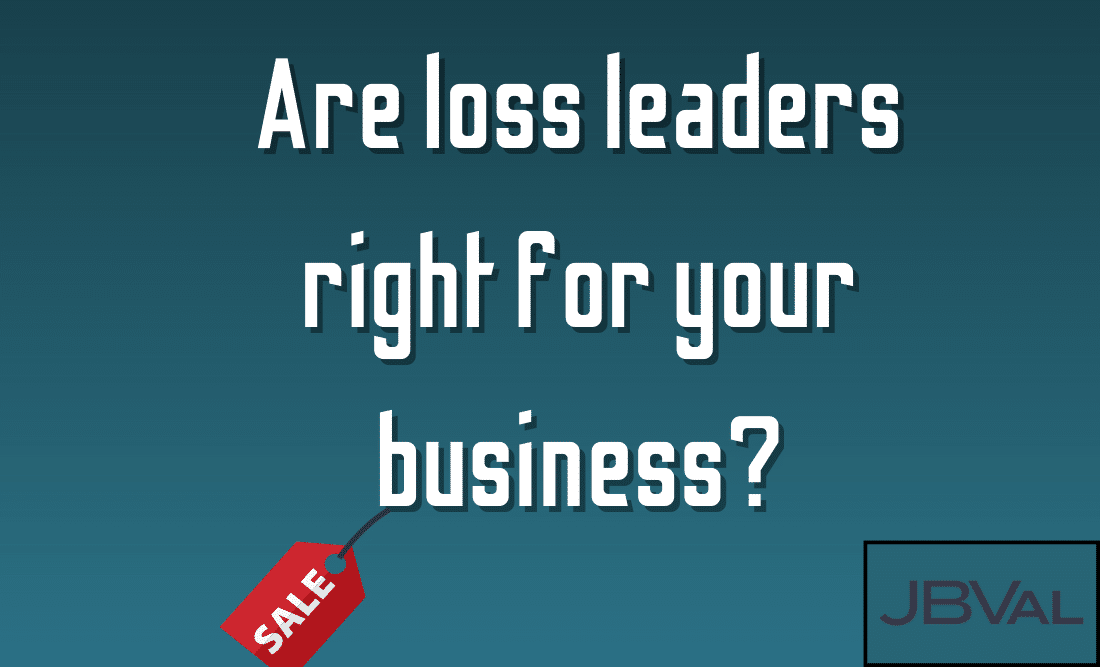I walked through the aisles of Babies “R” Us™ to get to the exorbitantly cheap baby formula in the back of the store. On my way, I stumbled upon a toy I knew my son would love. It wasn’t what I came for, but I picked it up anyway. Without knowing it, I fell right into Babies “R” Us™’s trap.
The strategy used by Babies “R” Us™ is known as a loss leader. They knew that they could get their target customer, a parent of a newborn, into their store by offering discounted baby formula. The baby formula was never meant to be the main sell, however. It is just a lure. The goal is to sell a larger product, such as the toy.
In this scenario, Babies “R” Us™ would heavily discount the baby formula so that they are either making a very small profit or no profit at all. This low price will entice customers into their store. The larger items customers buy as a result will ideally make up for the heavy discounts on baby formula.
Loss leaders are utilized by large range of businesses. By offering loss leaders at a price your target audience can’t resist, you have the opportunity to upsell them on more profitable products. (read more about loss leader products from smallbiztrends.com)
If loss leaders are right for a business, they are an extremely powerful tool. New leads will flood through the doors. But without successfully upselling the customer, loss leaders are detrimental.
Are loss leaders right for you?
Loss leaders are not just utilized in retail. Accountants offer cheap tax preparations hoping to lure in customers, then upsell them with bookkeeping services. Marketers offer cheap website development deals, then upsell their paid advertisement services.
The idea of a loss leader is to provide one-stop shopping for the target customer. Is this smart? Maybe.
To decide if a loss leader is right for you, you must use profit & loss measurements to understand if cutting prices to keep a customer is profitable. Not having these measurements is an example of non-analytical management.
Your business decisions should not be black and white, solely based on the numbers. But shouldn’t profitability be an important decision factor?
Loss leaders aren’t right for everybody. For those businesses they are right for, loss leaders make a huge impact.
Pros of Loss Leaders
- Maintaining a steady flow of new leads is difficult for businesses. Loss leaders can fix that. With prices that the competition cannot beat, your target audience will flood your doors.
- Offering exemplary products at a low price will establish customer trust in your brand. There are lots of opportunities to upsell the customer when dealing with loss leaders. This makes loss leaders most fitting for companies that offer a large array of products or services.
- New companies often have difficulty acquiring new customers with a new and unproven product or service. Loss leaders can be a great way to enter a new market and establish a brand.
Cons of Loss Leaders
- It is no secret that reputation can make or break a brand. By selling loss leaders at great discounts, companies run the risk of creating a reputation as the “cheap brand.” This gives the company much less flexibility to grow, as they will be pigeon-holed into only offering cheap products. It is very unlikely for customers to be upsold on a brand they perceive as being cheap.
- The only way for loss leaders to be effective is if customers are upsold on other, more profitable products. The kryptonite of the loss leader is the “cherry picker,” a customer who seeks out deals and only purchases the loss leader. It is inevitable that “cherry pickers” will come when offering loss leaders. Companies must monitor to make sure the impact of these customers’ is mitigated by customers who are being upsold on more profitable products.
- Loss leaders are often seen as an evil tool used to destroy small businesses. Brands such as Walmart and Amazon have made their great fortunes through loss leaders, crumbling many small businesses who can’t compete along the way.
Companies from all different industries can utilize loss leaders to grow their business. For those companies it would be effective for, loss leaders have the potential to greatly improve their business
To understand if a loss leader would be effective, one must look at their profit and loss margins. If a company does not have the measurements to decide if it would be effective, a larger problem is at hand.
Businesses that use loss leaders must continually monitor their sales coinciding with the loss leaders to see if the strategy is effective.
Like all aspects of an optimized business, measurement is the key to success when it comes to loss leaders. To understand how to better optimize your business, contact JBVal

